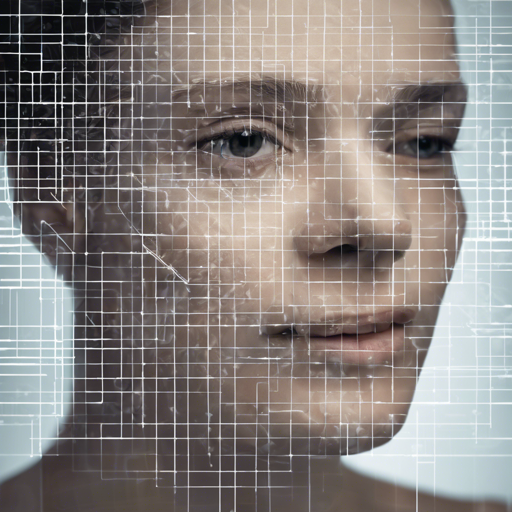Welcome to your go-to guide for FaceXLib! If you’re venturing into the world of facial recognition and other face-related functionalities, you’ve come to the right place. This blog will walk you through everything you need to know about getting started with FaceXLib, from installation to troubleshooting. Let’s dive in!
What is FaceXLib?
FaceXLib is a powerful library designed for face-related functions based on state-of-the-art (SOTA) open-source methods. The library is built on PyTorch and serves as a collection of various algorithms for detection, alignment, recognition, parsing, and more. If you’ve ever imagined building a face detection system, FaceXLib is your engine!
Getting Started: Installation and Dependencies
Before you can dive into using FaceXLib, you’ll need to ensure you have the right setup:
- Python = 3.7 (We recommend using Anaconda or Miniconda)
- PyTorch = 1.7
- Optional: NVIDIA GPU + CUDA
Once you’ve set up your environment, you can install FaceXLib via pip:
bash
pip install facexlib
Understanding the Functions
FaceXLib boasts an array of functions, each dedicated to specific tasks in facial analysis:
- Detection (using Pytorch_Retinaface) – MIT License
- Alignment (using AdaptiveWingLoss) – Apache 2.0
- Recognition (using InsightFace_Pytorch) – MIT License
- Parsing (using face-parsing.PyTorch) – MIT License
- Matting (using MODNet) – CC 4.0
- Headpose (using deep-head-pose) – Apache 2.0
- Tracking (using SORT) – GPL 3.0
- Assessment (using hyperIQA) – License TBD
- Utils – Face Restoration Helper
How to Use FaceXLib: A Simple Analogy
Think of FaceXLib as a Swiss Army knife for facial analysis. Each function it offers is like a specific tool within that knife, designed for a distinct purpose:
- Detection is like a pair of binoculars—helping you spot faces from afar.
- Alignment acts as a compass—ensuring that your faces are precisely oriented for further analysis.
- Recognition serves as a name tag—identifying who the person is.
- Parsing is akin to a magnifying glass—analyzing features on the person’s face in-depth.
Each tool complements the other, allowing you to effectively analyze and manipulate facial data seamlessly!
Troubleshooting Tips
As with any programming endeavor, you might encounter some hiccups along the way. Here are some common troubleshooting ideas:
- Installation Issues: Ensure that you have the right version of Python and PyTorch. Double-check that you are in the correct directory when running your installation commands.
- Missing Dependencies: If you run into missing package errors, make sure you have installed all required libraries. Use the command pip install -r requirements.txt if available.
- Model Download Issues: If the library fails to download the pre-trained models automatically due to an unstable internet connection, consider downloading the models manually and placing them in the directory
PACKAGE_ROOT_PATH/facexlib/weights.
For more insights, updates, or to collaborate on AI development projects, stay connected with fxis.ai.
License and Acknowledgements
FaceXLib is released under the MIT license. Be sure to refer to the original repositories for the respective licenses of the algorithms used.
Conclusion
At fxis.ai, we believe that such advancements are crucial for the future of AI, as they enable more comprehensive and effective solutions. Our team is continually exploring new methodologies to push the envelope in artificial intelligence, ensuring that our clients benefit from the latest technological innovations.
Ready to kick off your facial analysis projects? Get started today with FaceXLib!

